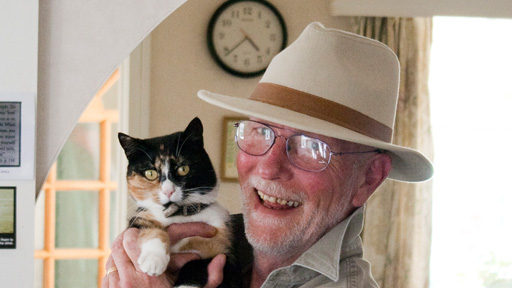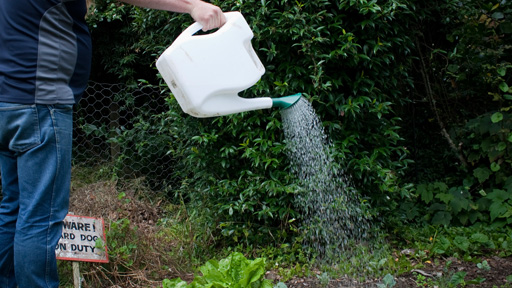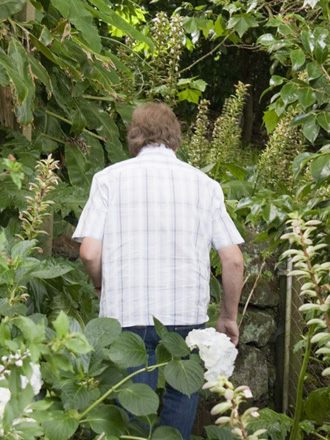
Please Note: Beth-Shean Trust’s respite services are only available to residents of the Auckland DHB Area.
If you live outside of this area please contact mental health services in your local District Health Board for respite options or see the other services we recommend: click here.
Beth-Shean’s crisis respite service has been operating since 1996. From 2000 we have cared for guests at our current location in Mt Albert. Our respite service is certificated by the Ministry of Health under the NZ Health and Disability Service (Safety) Act 2001.
What Is Crisis Respite?
This kind of respite is a short-term residential intervention to help support a person who is experiencing a lot of stress, and/or is at
risk of becoming mentally unwell or going to hospital. For some people respite may be a viable alternative to a hospital admission. Sometimes people stay in respite after being in hospital, to get some extra support for their recovery before returning home.

A bit of stress relief

Stay and do what you love.
While a person is in respite, they are encouraged to pursue regular activities if those are helpful to their recovery, as well as having opportunity to rest, socialise, catch up on sleep, and take time out from stressful situations that cause unwellness. Being away from a situation can enable people to get a different perspective, and do some constructive problem-solving.
Respite may also provide opportunities to learn more ways of dealing with stress or distress, to work on recovery tasks, and to look at what recovery means in that person’s life context. Respite plans are always made in partnership with the person and their clinical teams at the ADHB, who visit people daily in respite, and are on-call to staff and guests if required.
Why Come To Respite?
People access respite for many reasons, and from many situations. These have included:
- Experiencing early warning signs (EWS) of illness
- Being suicidal or prone to self-harm
- Not sleeping
- Situational stresses at home or elsewhere
- Dealing with alcohol or other drugs
- Changing medications
- Lack of other supports
- Traumatic events

Find a way ahead
